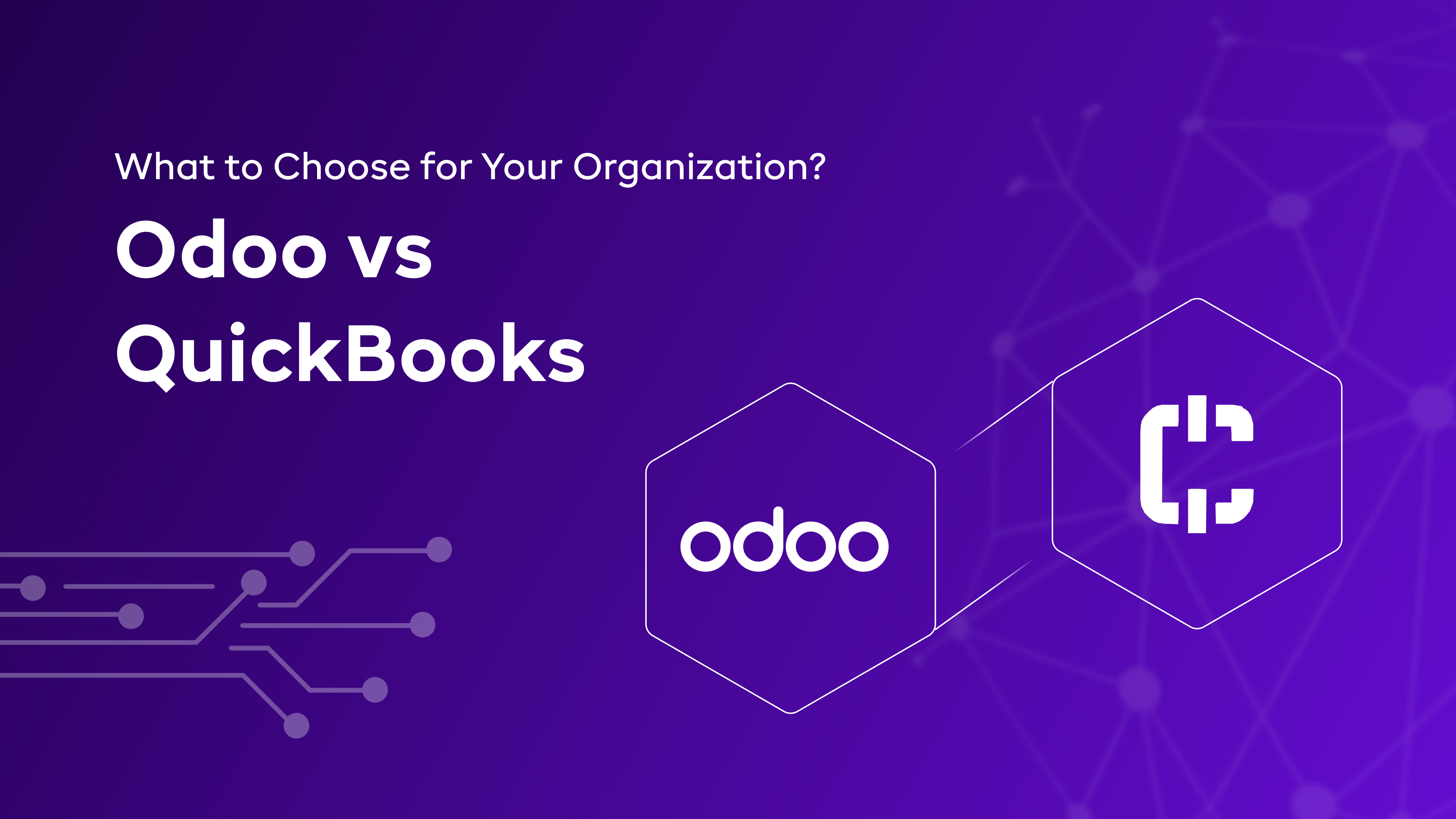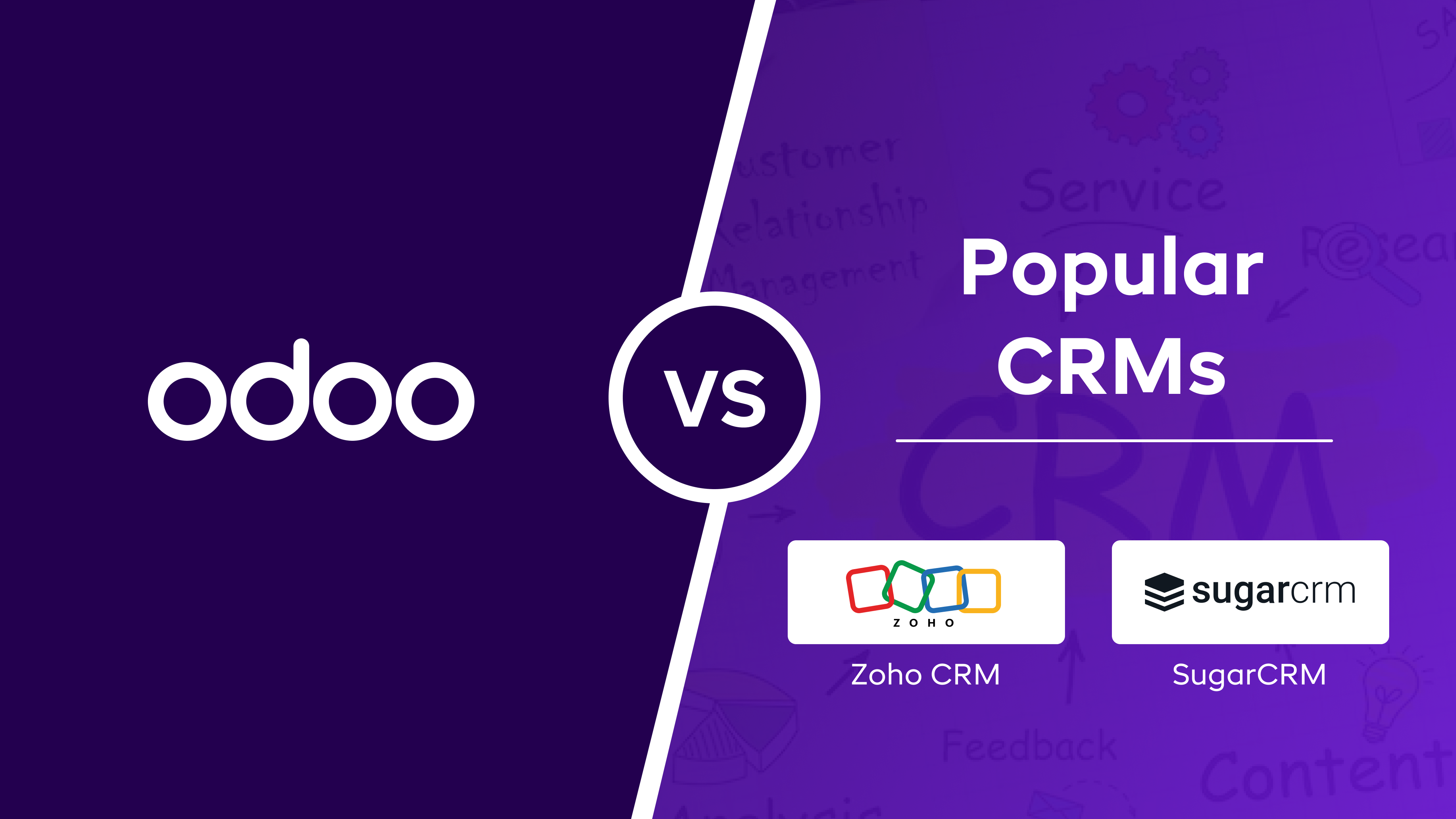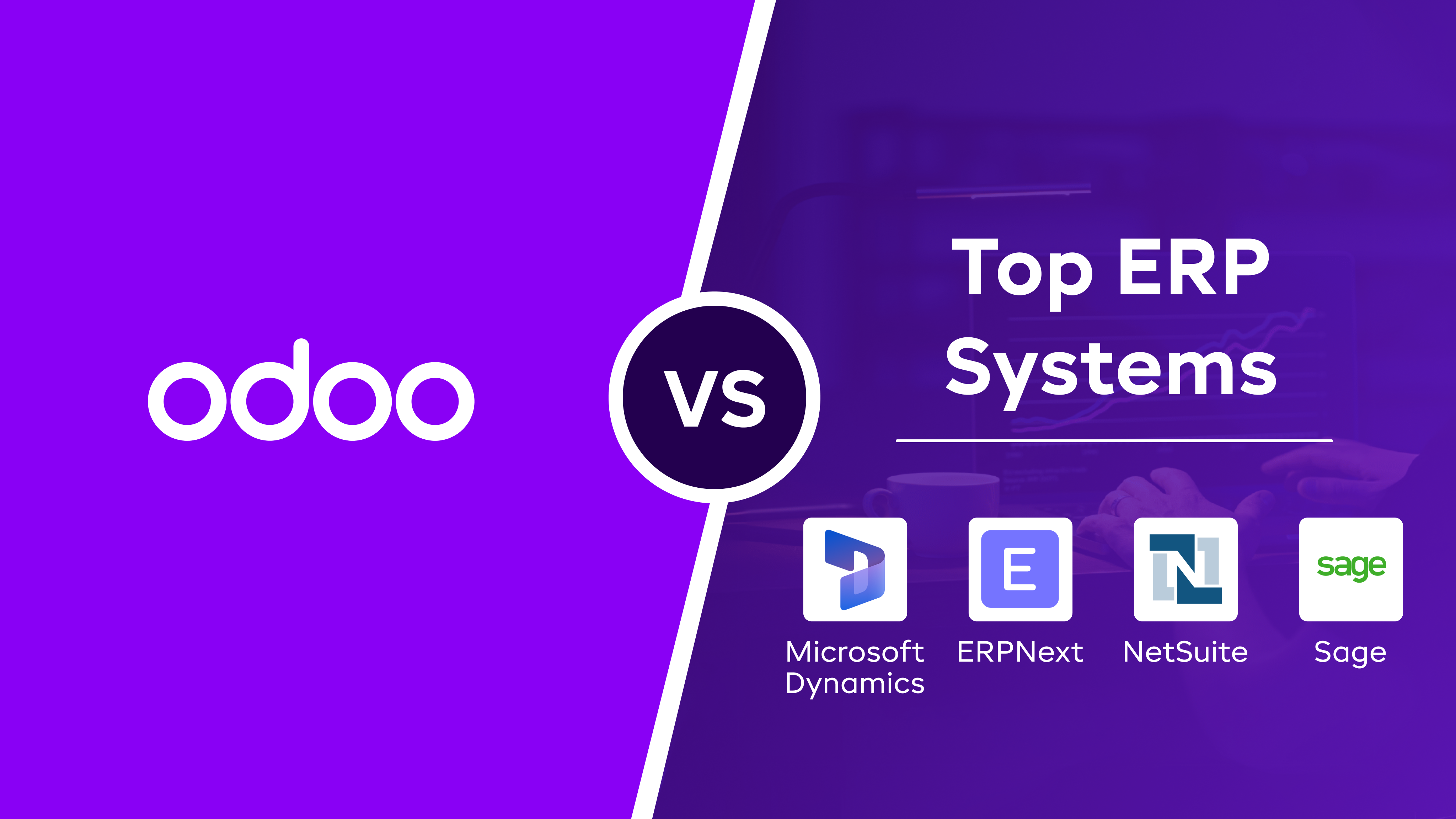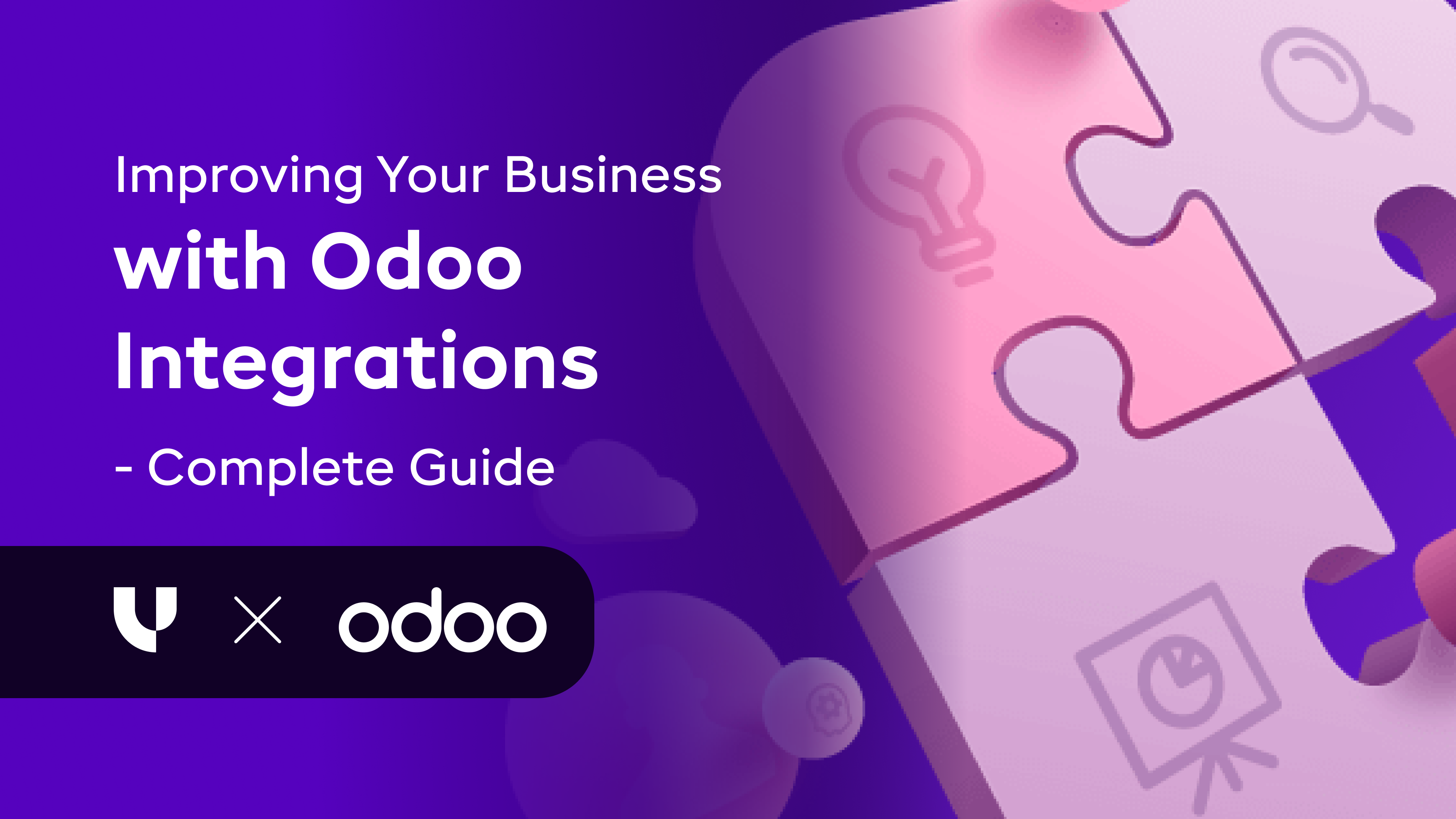Odoo vs QuickBooks – What to Choose for Your Organization?
Published on March 14th 2023

Summary
Accounting is considered to be one of the most boring side of handling a business. But, when your company grows, at that point of time accounting department acts as the essential component for success of an organization. If you wish to maintain the financial health of your organization, then you must provide your accounting staff with the tools essential for tracking these elements. Let’s delve deeper into the world of Odoo vs QuickBooks.
There are numerous accounting softwares available in the market for handling your accounting needs. But, you must look into your business needs and then choose the one for your organization. Generally, most of the organizations opt for commercial management software systems.
Discussing Odoo vs QuickBooks, both the platforms have similar features like financial management, tracking expense, payroll management, and invoicing. When compared to QuickBooks, Odoo is power-packed with a more comprehensive suite of business management tools. It is an open-source software that offers various features and integrations that could be of great help for your business.
Talking about QuickBooks, this accounting software is majorly focused on financial and accounting management. When compared to Odoo, QuickBooks is all about a specialized accounting solution.
Let’s delve deeper into the concepts,
Odoo
Odoo is an open source business management software consisting of several modules for performing specific tasks in the business. Odoo is available in two editions – Community and Enterprise. The community edition is free of cost, but cannot be customized as per your business needs. Talking about the Odoo Enterprise, it comprises numerous features and can also be customized as per your requirements.QuickBooks
QuickBooks is one of the most used financial and accounting software in the world. This platform has all the tools and capabilities to suit your business requirements. Generally, this platform is used widely for tracking the finances of your business.QuickBooks is power packed with various features like cash flow management, income tracking, invoicing, mobile application, and app integrations. As this platform is used widely, your accountant and bookkeeper will find it easier to work with the same.
A Brief Comparison of Odoo vs QuickBooks
Expense Tracking
Odoo
Odoo has the capability to integrate expense tracking with accounting. With this, it becomes easier to track and record all the expenses in financial statements. It also helps in the management of approvals and expense reports. With Odoo, you get your hands on advanced reporting like expense categorization and custom reports.QuickBooks
QuickBooks is power-packed with a specific expense tracking module for tracking and categorize expenses. It also has several important features like recurring expenses and scanning receipts. With these features, you can simplify the process of tracking expenses and also stay updated about your expenses. Last but not least, it provides various reports but as comprehensive as you will get with Odoo.Fixed Asset Management
Odoo
Odoo is a comprehensive business software consisting of various modules for handling accounting, inventory, HR operations, etc. With the help of Odoo’s fixed asset module, you can manage your assets, track depreciation along with generating reports on the value of your assets. Besides this, Odoo also provides integration to different modules like inventory and procurement.QuickBooks
With QuickBooks, you get the feature of fixed asset management for tracking your assets and realizing your depreciation. When compared to Odoo, QuickBooks fixed asset module doesn’t have the same level of integration with other business areas.Bank Reconciliation
Odoo
The process of bank reconciliation is quit complexed in Odoo as it consists of both manual and automated reconciliation. Odoo provides you with customized bank reconciliation module for matching and reconciling bank transactions. It also has several other features like handling multiple accounts and transactions like wire transfers and cheques.QuickBooks
The bank reconciliation process is quite simpler in QuickBooks. It only consists of picking the transactions from the bank statement and matching them with the corresponding entries in the accounting records. After this, the software will automatically reconcile any transactions that match and highlights any difference that need to be addressed.Fund Accounting
Odoo
Odoo is power-packed with numerous modules such as inventory, accounting, manufacturing, project management, etc. All of these accounting modules consists of features like fund accounting and to monitor budget restrictions. Odoo also has numerous integrations along with different modules like project management and procurement.QuickBooks
QuickBooks operates on a cloud-based accounting platform which is mainly designed for small businesses. It has some fund accounting features such as income tracking and expense tracking for various funds. When compared to Odoo, the fund accounting feature is not much good here. The reason being lack of same level of integration with in other areas of organization.Want to start a project with us?
Empowering businesses to achieve greatness through strategic guidance and innovative solutions.
Conclusion
When it is all about Odoo vs QuickBooks, both the platforms provide various features and functionalities. But when there is a comparison between the two, Odoo turns out to be a better option than QuickBooks. Odoo has the ability to manage several things such as accounting, invoicing, purchase order management, etc.
Talking about QuickBooks, it is a simple accounting software when compared to Odoo. It doesn’t have the ability to customized and integrate various modules as Odoo. If you wish to take your business to the next level, Odoo will be the best choice for you.

About Author


